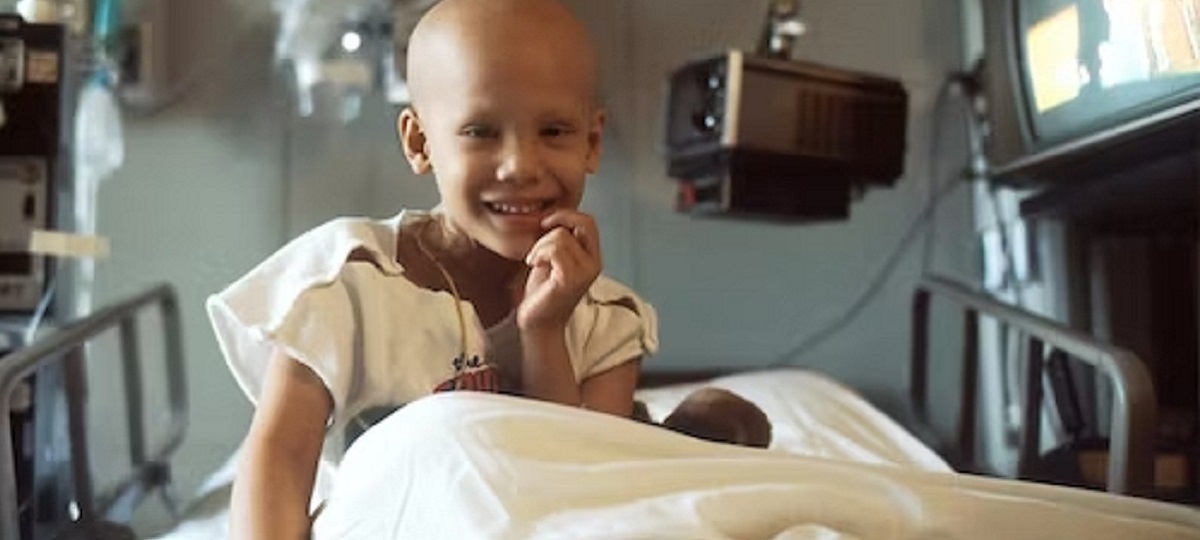Heart cancer, also known as primary cardiac tumor, is a condition where abnormal cells form within the heart tissues. While heart cancer is relatively rare, it’s essential to recognize its symptoms and seek immediate medical attention if necessary.
Understanding Heart Cancer
Unlike secondary cardiac tumors that originate from other parts of the body and spread to the heart, primary cardiac tumors originate within the heart itself. Heart cancer is a rare condition, accounting for approximately 0.02% of all cancer cases. Most primary cardiac tumors are benign, but malignant or cancerous tumors can also occur.
Common Symptoms of Heart Cancer
Heart cancer symptoms can be challenging to detect in their early stages, as they often mimic other heart-related conditions. However, it’s essential to be aware of potential warning signs. Here are some common symptoms associated with heart cancer:
- Unexplained Fatigue: One of the initial signs of heart cancer is unexplained and persistent fatigue. If you find yourself feeling tired even after adequate rest, it’s essential to consult a healthcare professional.
- Shortness of Breath: Heart cancer can lead to the development of fluid around the heart or within its chambers, causing shortness of breath even during light physical activity. If you experience unusual breathlessness, it’s crucial to get it checked promptly.
- Chest Pain or Discomfort: Persistent chest pain or discomfort can be an indicator of heart cancer, especially if it worsens with physical activity or fails to improve with rest.
- Palpitations and Irregular Heartbeat: Heart cancer can disrupt the heart’s normal rhythm, leading to palpitations or irregular heartbeats. If you notice any abnormal heart rhythms, it’s vital to seek medical evaluation.
- Swelling in Legs and Ankles: The accumulation of fluid due to heart cancer can cause swelling in the legs and ankles. If you experience unexplained swelling, consult a healthcare professional.
- Sudden Weight Loss: While weight loss is a common symptom of many health conditions, unexplained and sudden weight loss could be indicative of underlying issues, including heart cancer.
- Fever and Night Sweats: Fever and night sweats that persist without any apparent cause may be associated with heart cancer. If you experience these symptoms, medical evaluation is necessary.
Less Common Symptoms
In addition to the more common symptoms mentioned above, heart cancer can also manifest in other ways. These less common symptoms include:
- Fainting or Dizziness: Heart tumors can obstruct blood flow within the heart, leading to fainting spells or dizziness. If you experience such symptoms, seek immediate medical attention.
- Difficulty in Swallowing: In rare cases, heart tumors may grow in such a way that they interfere with the esophagus, causing difficulty in swallowing.
- Persistent Cough: If a tumor presses on the surrounding structures, it can lead to a persistent cough or even coughing up blood.
When to Seek Medical Attention
It’s critical to contact a healthcare provider as soon as possible if you encounter any of the aforementioned symptoms or have worries about your heart health. The optimal course of therapy for heart cancer is determined by early discovery and diagnosis.
Never overlook symptoms such as chronic exhaustion, unexplained shortness of breath, palpitations, chest pain, irregular heartbeat, ankle and leg edema, unexpected weight loss, fever, or night sweats. These signs may point to a number of medical conditions, including heart cancer. Prompt medical intervention can help determine the underlying problem and ensure proper therapy.
Diagnosing Heart Cancer
Diagnosing heart cancer requires a comprehensive evaluation by a qualified medical professional. The process may involve several diagnostic tests, including:
- Echocardiogram: An echocardiogram is an ultrasound of the heart that helps visualize the heart’s structures and identify any abnormalities, including tumors.
- MRI or CT Scan: These imaging tests provide detailed cross-sectional images of the heart, helping to detect tumors and assess their size and location.
- Biopsy: To confirm the existence of malignant cells inside the cardiac tissues, a biopsy may occasionally be required.
Treatment Options
The treatment for heart cancer depends on various factors, such as the tumor type, size, and stage. Treatment options may include:
- Surgery: Surgical removal of the tumor is a common treatment approach for localized heart cancer.
- Radiation Therapy: High-energy radiation is used in radiation treatment to find and kill cancer cells.
- Chemotherapy: Chemotherapy employs medication to either eradicate cancer cells or halt their development and spread.
Coping with Heart Cancer
Patients and their loved ones may feel overwhelmed by a heart cancer diagnosis. During this trying period, it’s essential to have emotional assistance from friends, family, or support groups. Additionally, leading a healthy lifestyle and adhering to the recommended treatment plan by your healthcare team might help you feel better overall.
Conclusion
Heart cancer is an uncommon but deadly disease that has to be identified and treated very away. You can enhance the likelihood of an early diagnosis and a successful outcome by being aware of the symptoms and getting medical assistance when necessary. Remember that if you want to live a long and happy life, keeping excellent health is crucial.
